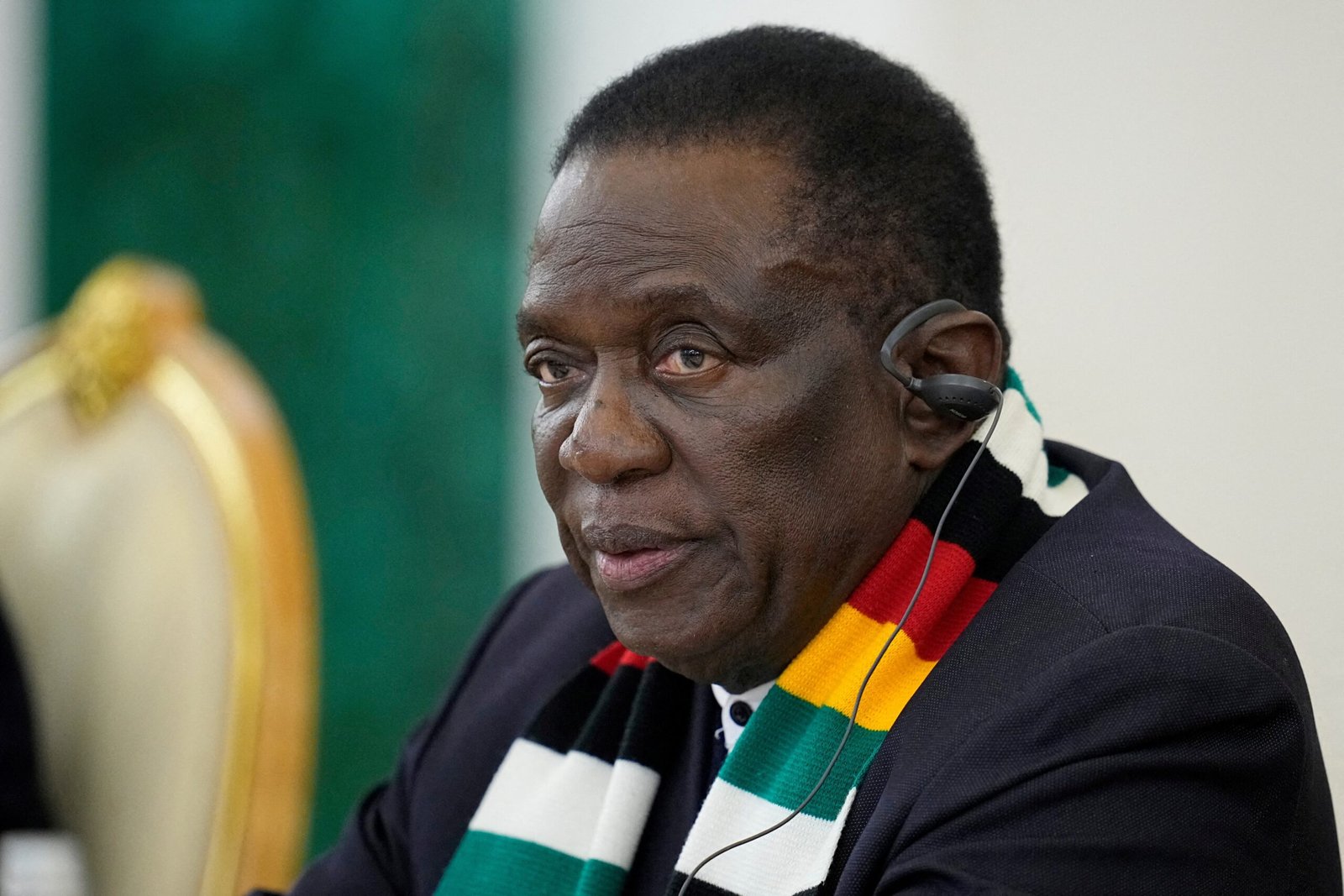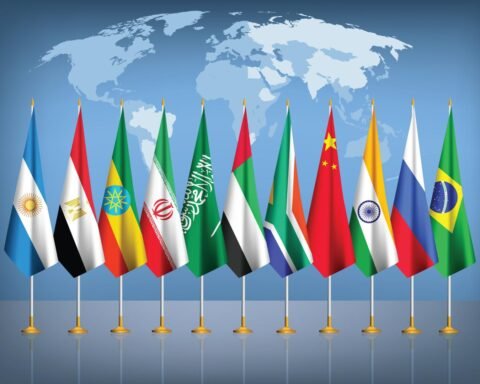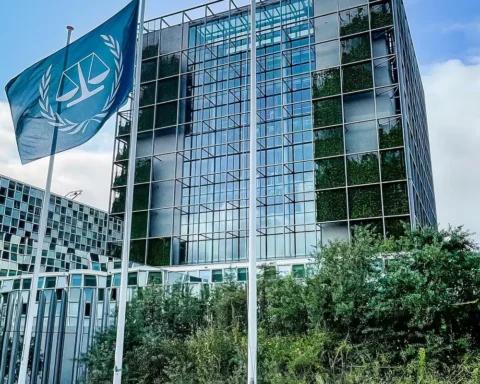Zimbabwe’s ruling party has signaled its intention to extend the tenure of President Emmerson Mnangagwa by two years, a move that could keep him in office until 2030.
The proposal was announced during the party’s annual conference in Mutare, a city in eastern Zimbabwe, where delegates approved a resolution directing the government to initiate legal steps necessary to implement the extension.
Under the current Zimbabwean constitution, the president is limited to two five-year terms, meaning Mnangagwa’s current mandate is set to expire in 2028. Any extension would require amendments to the constitutional term-limit clauses. Legal affairs officials from the ruling party indicated that the government will now begin drafting the necessary legislative changes to bring the resolution into effect.
The announcement has sparked debate across the country. Supporters argue that extending Mnangagwa’s tenure will provide stability and continuity for economic and political reforms. Critics, however, warn that such changes could undermine democratic principles and set a precedent for indefinite rule. Opposition leaders have called for transparent procedures, emphasizing that any constitutional amendments should involve public consultation or a referendum.
Also Read; Global Central Banks Turn to Gold as Confidence in Dollar Wavers
Observers note that the ruling party, ZANU-PF, has historically maintained strong control over Zimbabwean politics, and internal decisions often shape national governance. The move to extend the president’s term reflects both party unity behind the current leadership and an ongoing strategy to consolidate political influence ahead of future elections.
For ordinary Zimbabweans, the development has become a topic of intense conversation. In urban centers like Harare and Bulawayo, debates unfold in cafés and on social media, with citizens weighing the pros and cons of the proposed extension. For rural communities, discussions often focus on the potential impact on local governance, services, and development projects.
While the resolution marks the start of a process rather than a final decision, it underscores the complex balance between constitutional law, political ambition, and public sentiment in Zimbabwe. As the country watches closely, the coming months will determine whether the proposed extension becomes reality and what it may mean for Zimbabwe’s democratic trajectory.







